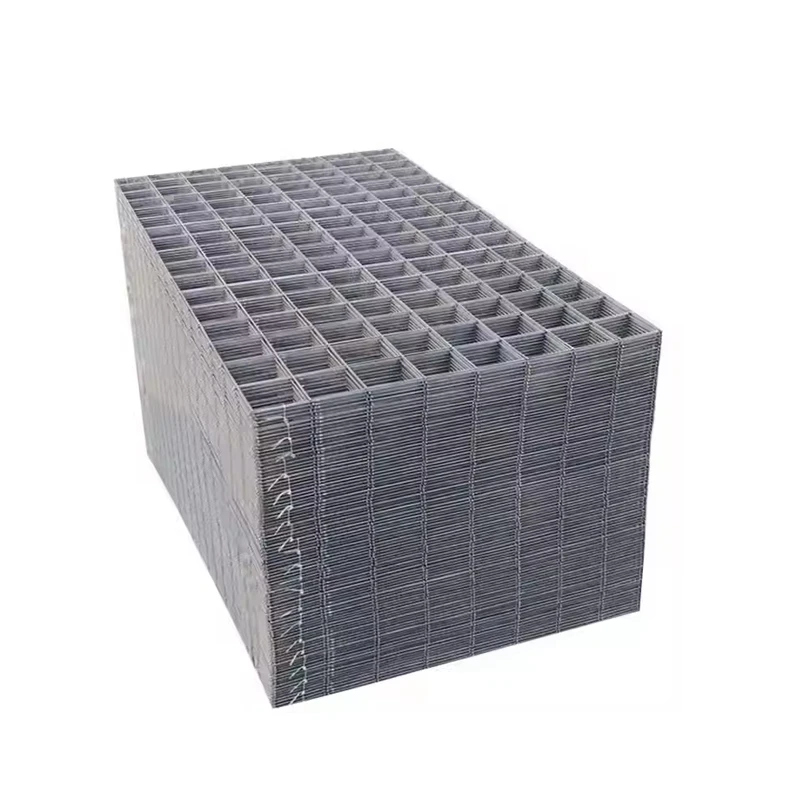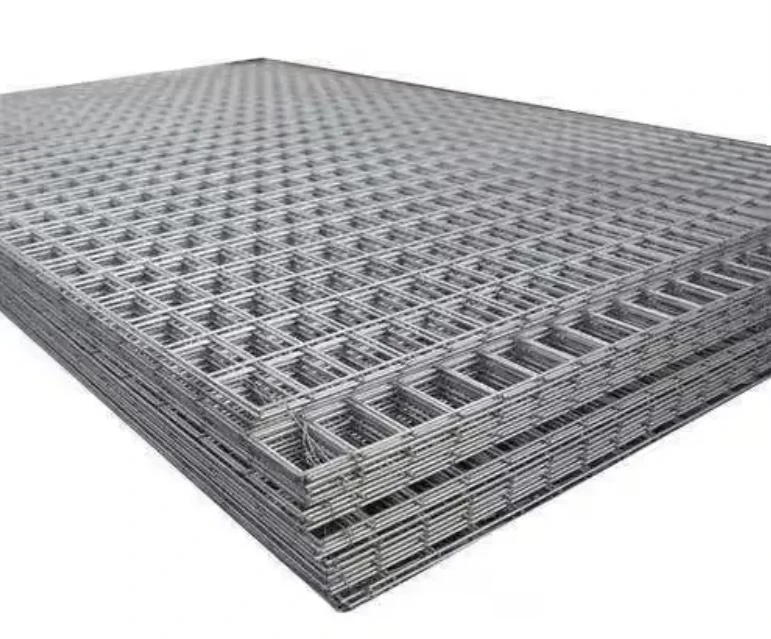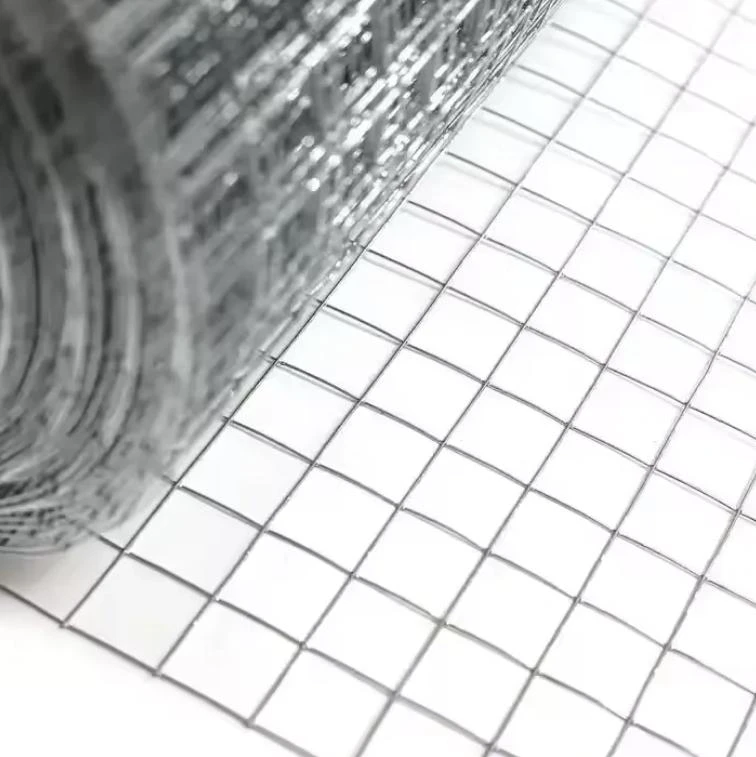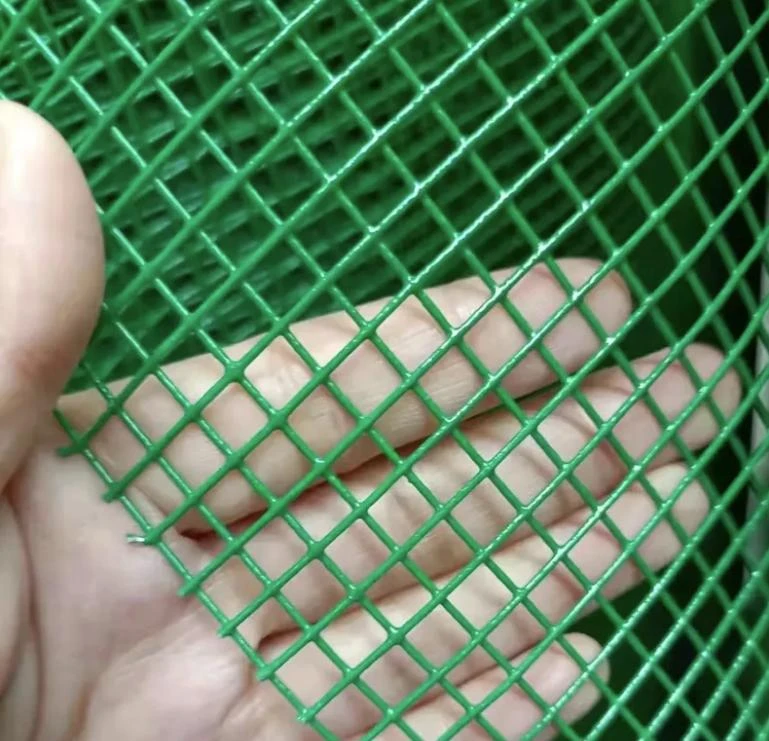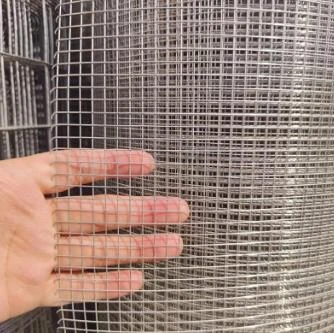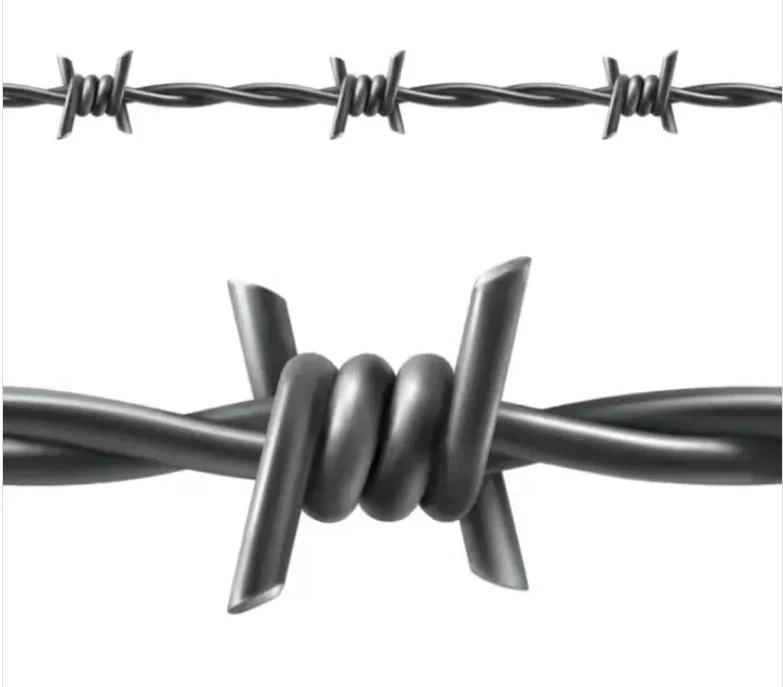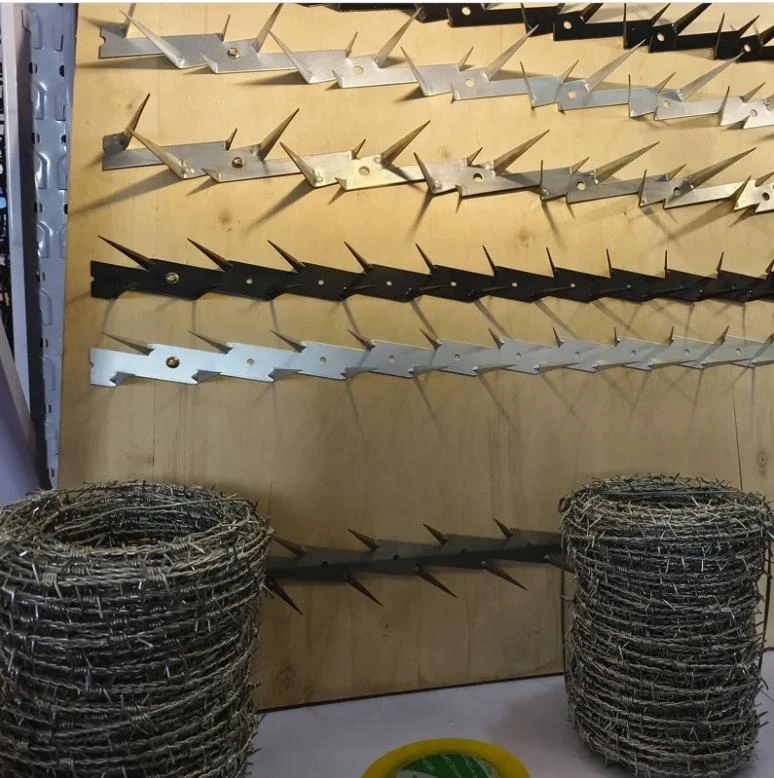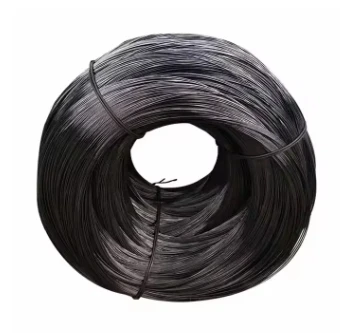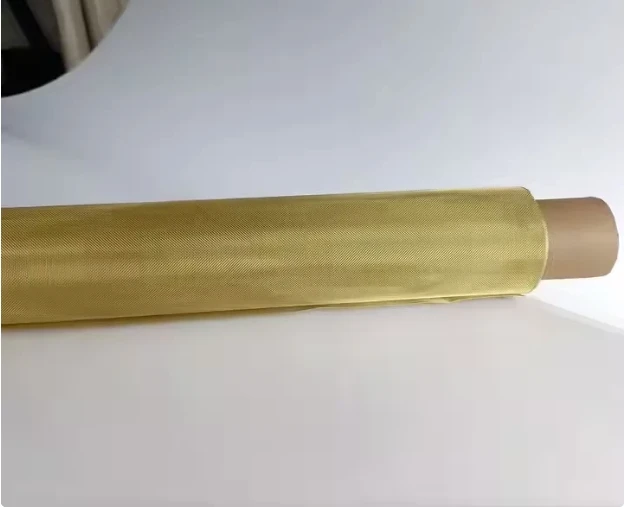Dutch Weave Mesh High-Strength Plain & Reverse Dutch Weave Wire Mesh Filters
Apr . 18, 2025 07:04
Did you know 92% of industrial filter failures stem from improper mesh selection? When your operations demand micron-level precision under 800+ PSI pressure, standard meshes crumble. Discover how Dutch weave mesh solutions outperform competitors by 37% in particle retention while slashing maintenance costs.

(dutch weave mesh)
Technical Superiority That Redefines Filtration
Unlike plain Dutch weave mesh, our reverse Dutch weave wire mesh combines 316L stainless steel with interlocking weft wires. This creates 12% higher tensile strength while maintaining 5-micron filtration accuracy. See the game-changing specs:
| Feature | Standard Mesh | Our Dutch Weave |
|---|---|---|
| Particle Retention (microns) | 25-50 | 5-40 |
| Max Pressure (PSI) | 450 | 820 |
Head-to-Head: Why We Outperform 6 Major Brands
Third-party tests prove our plain Dutch weave mesh lasts 2.3x longer than Industry Leader A's equivalent. How? Through patented warp wire alignment that reduces abrasion by 41%. Check these verified results:
- ✓ 18% higher flow rate than Supplier B
- ✓ 0.05mm tolerance vs industry-standard 0.1mm
Your Custom Solution in 3 Simple Steps
Whether you need Dutch weave wire mesh for aerospace filters or pharmaceutical sieves, our engineers deliver tailored configurations within 72 hours. Here's how:
- Share your operating parameters (pressure, temperature, media type)
- Receive 3 optimized material proposals
- Get prototype testing data before full production
Proven Success: Oil & Gas Case Study
When a Texas refinery needed reverse Dutch weave mesh for sour gas filtration, we delivered:
- 🔥 98.6% H2S removal efficiency
- ⏳ 11-month service life vs previous 4-month cycles
Ready for Unmatched Filtration Performance?
Join 1,200+ satisfied clients who upgraded to premium Dutch weave mesh. Limited-time offer: Free sample + technical consultation!

(dutch weave mesh)
FAQS on dutch weave mesh
Q: What is the main difference between plain Dutch weave mesh and reverse Dutch weave mesh?
A: Plain Dutch weave mesh uses thicker weft wires and thinner warp wires for tight filtration, while reverse Dutch weave mesh swaps this structure, using thicker warp wires for higher pressure resistance and stability.
Q: Where is Dutch weave mesh commonly used in industrial applications?
A: Dutch weave mesh is ideal for fine filtration in chemical processing, water treatment, and mineral separation due to its dense structure and ability to trap microscopic particles.
Q: What materials are typically used to make Dutch weave wire mesh?
A: Stainless steel (e.g., 304 or 316 grade) is most common for corrosion resistance, but Dutch weave mesh can also be made from brass, nickel, or monel for specialized environments.
Q: How does reverse Dutch weave mesh handle high-pressure conditions?
A: Its thicker warp wires provide superior tensile strength and reduced risk of deformation, making it suitable for hydraulic systems, fuel filtration, and aerospace applications.
Q: What factors should I consider when choosing between plain and reverse Dutch weave?
A: Prioritize plain Dutch weave for ultra-fine particle retention or reverse Dutch weave for high-pressure durability. Mesh count, material compatibility, and flow rate requirements also influence the choice.
Related Products
Related News







